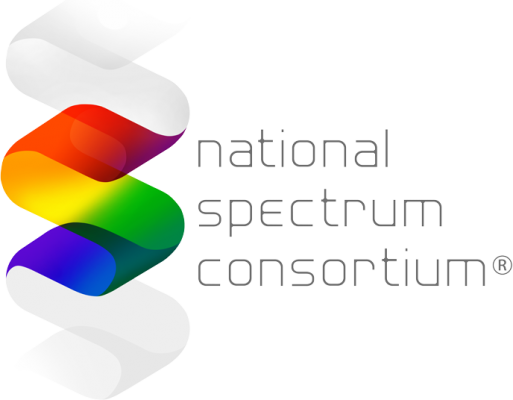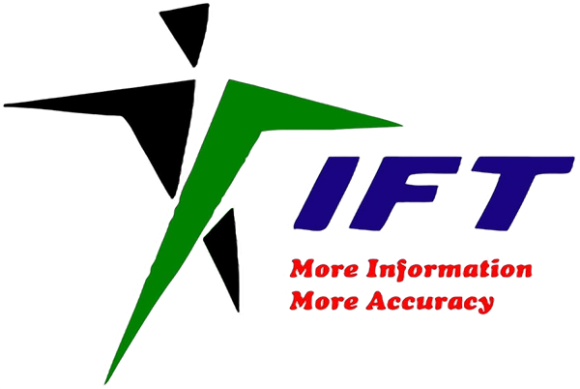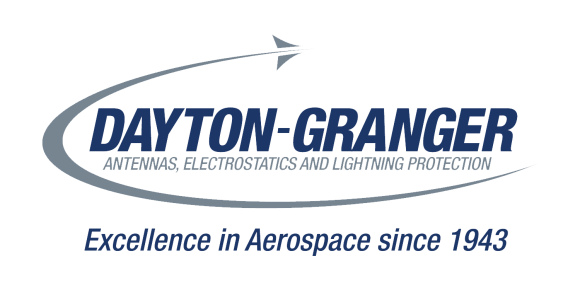Call for papers
Modern federated coalition operations are conducted in complex, multidimensional,highly dynamic, and disruptive environments — sometimes with unanticipated partners and irregular adversaries. Digital Transformation must enable military commanders to comprehend the situation accurately, develop and assess courses of action, and make decisions in a significantly reduced timeframe. Furthermore, they need to draw from all possible sources of information across all domains to ensure that the most complete and relevant picture of the situation is available in near real-time to replan missions and restrike targets if required.
Modern warfare increasingly relies on federated modes of operation, with the coalition needing to operate in federations that involve not only established alliances, such as NATO, but in many cases also partner nations, civilian and international organizations, and industry partners. Enabling such a heterogeneous coalition to establish effective federated communications, core services, applications, and cyber security is one of the important objectives of NATO’s Digital Transformation.
One of the most complex challenges in federated coalition operations is the ability to share, exploit and disseminate information and create proper federation-level situational awareness across security boundaries. As a command-and-control enabler, situational awareness calls for robust and well-implemented information exchange approaches, interoperability standards, and federated processes extending from the tactical edge to the strategic core. However, no advanced technology or interoperability mechanisms will suffice by themselves. When establishing a federation, the major challenge is balancing the “need to know” and the “responsibility to share.” Therefore, trust, risk and security management become essential enablers in coalition operations and gain special significance in areas such as JISR or cyberspace information sharing.
Emerging and disruptive technologies, such as AI, data exploitation, quantum technologies, unmanned vehicles, IoT, cloud, and next-generation, provide enabling building blocks for Digital Transformation. The opportunities and challenges presented by the advent of some of these technologies in the context of military operations are increasingly evident in ongoing conflicts.
This session addresses topics of interest for the federation of the military (materiel and non-materiel) capabilities, focusing on technical and non-technical aspects to be included by design in forward-looking CIS and cyberspace capabilities to enable actual federations.
The topics of interest include, but are not limited to, the federated aspects of:
• 6G: Secure, Open, and Resilient by Design
• Artificial Intelligence, including Adversarial AI and Explainable AI
• Autonomy and Internet of Things
• Coalition multi-domain operation
• Command and control of the information environment
• Cybersecurity
• Cyberspace operations
• Data-centric security
• Non-traditional data exploitation
• Data sciences in support of situational awareness and decision-making
• Digital transformations of NATO operations
• Public and combat clouds
• Emerging and disruptive technologies for the digital transformation of NATO
• Military use of social media and other cognitive operations
• Military applications of 5G
• Multi-domain coalition operations
• Operations in the space domain
• Resilience by design
• Service management and control
• Zero trust architectures
Technical program chairs
• Krzysztof Skurzak (NATO Allied Command Transformation, Norfolk, VA, USA)
• Konrad Wrona (NATO Communications and Information Agency, The Hague, The Netherlands)
Bios
Krzysztof Skurzak holds a position of Science and Technology (S&T) Head at the Headquarters of Allied Command Transformation (HQ SACT) in Norfolk, USA. In his current assignment he and his team provide S&T strategic advice, direct and execute S&T programmes of work, and assure the S&T knowledge transfer to warfare and warfare development functions. In his previous assignments at HQ SACT, Krzysztof established and was managing ACT’s Open Innovation Lab designing and delivering software intensive, Minimum Valuable Products. Before that he was managing the Enterprise Architecture Programme of Work delivering architectural products to enable coherent development of NATO common funded capabilities. To popularize architectural efforts Krzysztof adopted for HQ SACT hackathon’s model and institutionalized TIDE Hackathons – unique events where NATO experts and industry, academia meet to address both conceptual and technological challenges within competitive environment. The previous responsibilities of Krzysztof at HQ SACT also included his work as analyst, designer and developer of Communication, Command and Control Systems. Before joining NATO, Krzysztof was working for many commercial companies including large telecom, financial, and bio-tech brands in the roles of programme/project manager, software architect, and software engineer on both European and USA markets. Krzysztof Skurzak graduated from Warsaw University of Technology in Computer Science in 1998 and from NATO Executives Development Programme in 2011. He earned many internationally recognized certificates in the field of project/programme management, enterprise architecture, cyber security and software engineering.
Konrad Wrona is a principal scientist at the NATO Cyber Security Centre in The Hague, The Netherlands, where he leads the Architecture, Policy, and Innovation team. He also has a research position at the Military University of Technology in Warsaw, Poland. Konrad has over 20 years of work experience in an industrial (Ericsson Research and SAP Research) and an academic (RWTH Aachen University, Media Lab Europe, and Rutgers University) research and development environment. He received his M.Eng. in Telecommunications from Warsaw University of Technology, Poland, in 1998 and his PhD in Electrical Engineering from RWTH Aachen University, Germany, in 2005. He is an author and co-author of over ninety publications and a co-inventor of several patents. His professional interests focus on security issues in information systems, communication networks, wireless and mobile applications, distributed systems, and the Internet of Things. Konrad Wrona is a Senior Member of the IEEE, Senior Member of the ACM and Member of IACR.
Technical Program Committee
Marek Amanowicz (Research and Academic Computer Network (NASK), Poland)
Aaron Cohen (U.S. Naval Research Laboratory, USA)
Christoph Fuchs (Fraunhofer FKIE, Germany)
Janusz Furtak (Military University of Technology, Poland)
Mika Helsingius (Finnish Defence Research Agency, Finland)
Frank Johnsen (Norwegian Defence Research Establishment (FFI), Norway)
Sławomir Kukliński (Warsaw University of Technology, Poland)
James Michaelis (US Army Research Laboratory, USA)
Ewa Niewiadomska-Szynkiewicz (Warsaw University of Technology, Poland)
Ian Owens (Defence Academy, UK)
Roberto Rigolini (Thales, Germany)
Michael Street (NCI Agency, The Netherlands)
Mauro Tortonesi (University of Ferrara, Italy)
Zbigniew Zielinski (Military University of Technology, Warsaw, Poland)
Format of the workshop
Duration: half-day
Anticipated number of refereed papers: ~ 5
Keynotes: 1
Demonstrations: 1-2
Targeted audience: Decision-makers and technical personnel from the NATO nations' military, industry, and academia.
Classification: Public
Candidates for invited speakers:
Sławomir Kukliński, Warsaw University of Technology, Poland: Roadmap towards 6G for military applications (Keynote)
Piotr Żuraniewski, TNO, The Netherlands: Adversarial AI in ICT (Demonstration)
Paper Submission Guidelines
All submissions should be in English and have a maximum paper length of six (6) pages. The conference website provides detailed formatting instructions.
Important Dates
Paper submission deadline: 12 August 2024
Acceptance notification: 09 September 2024
Camera-ready due: 07 October 2024



















